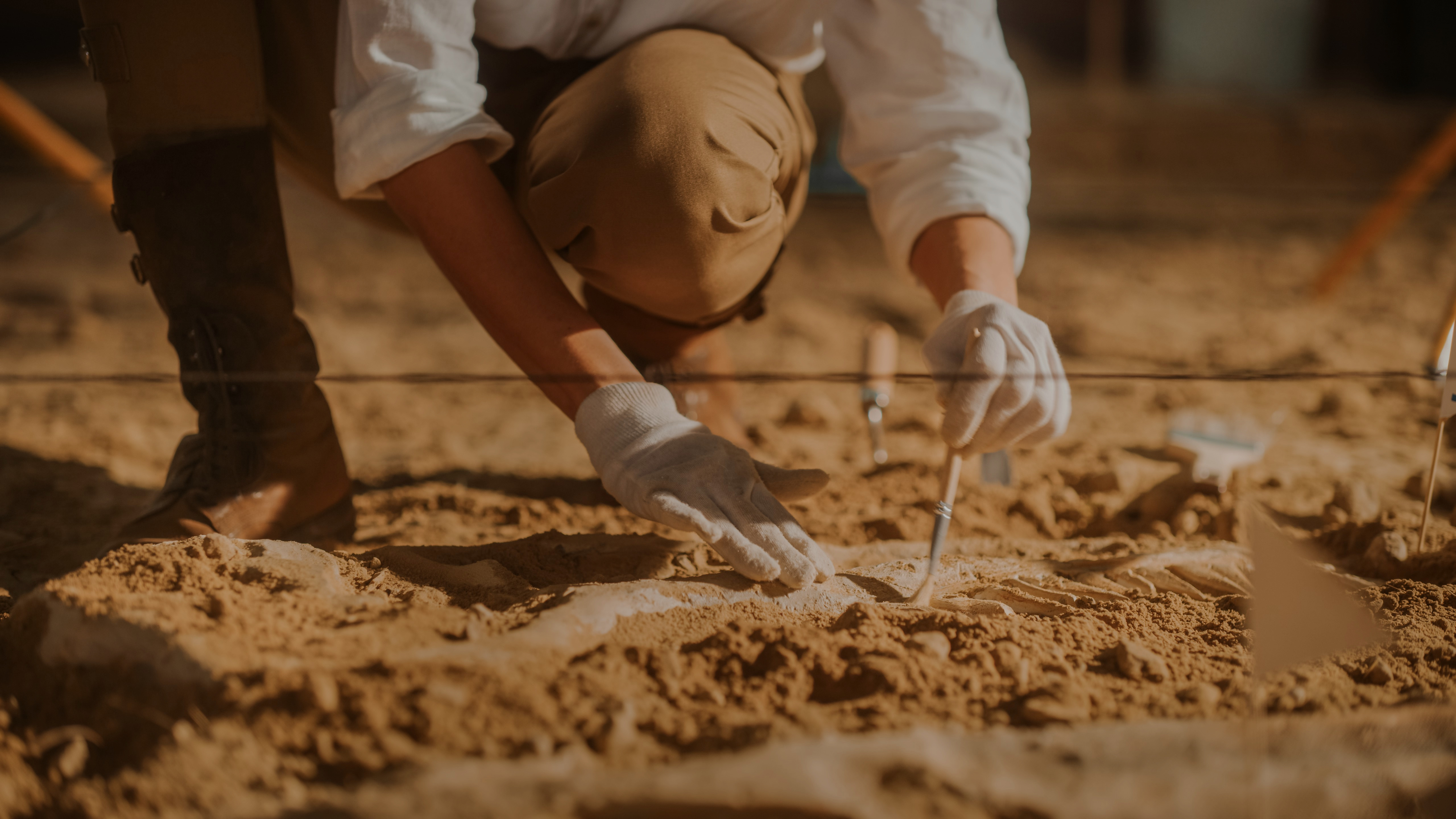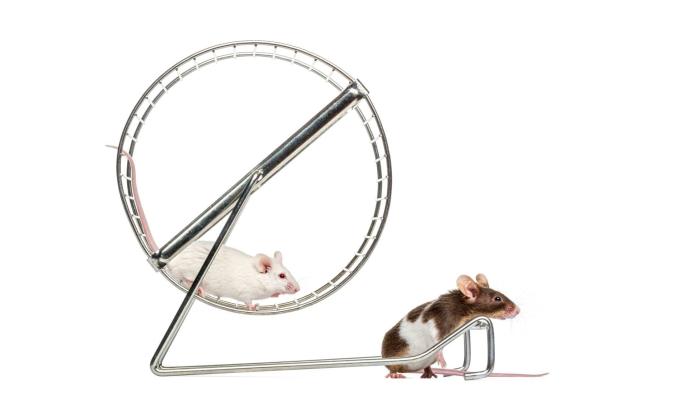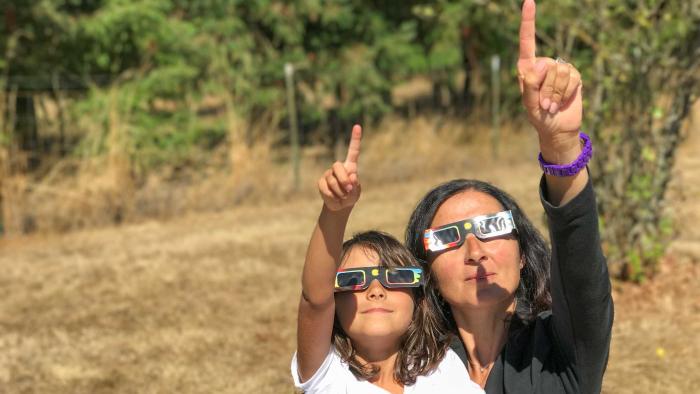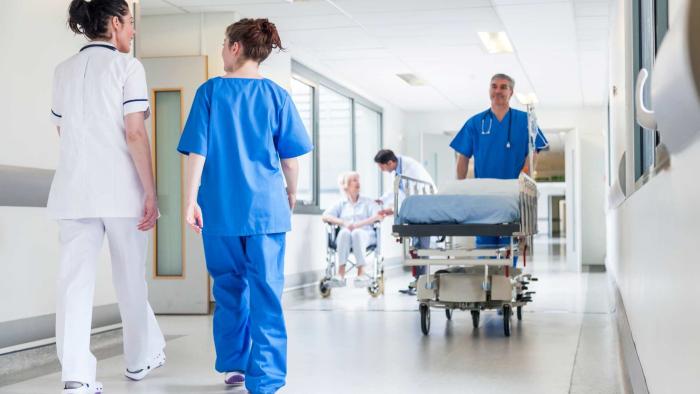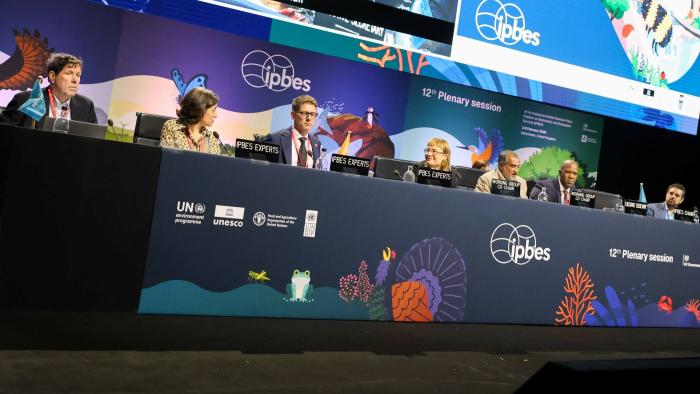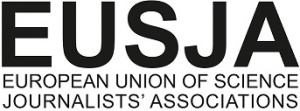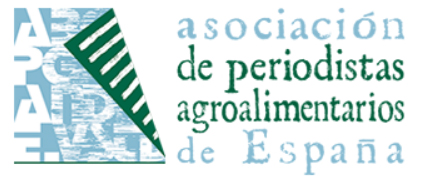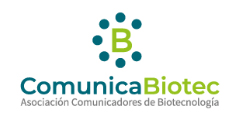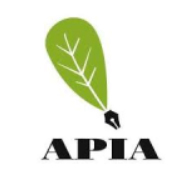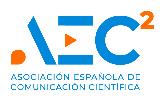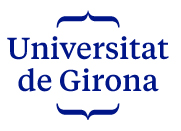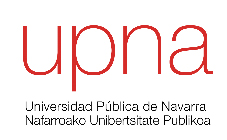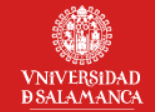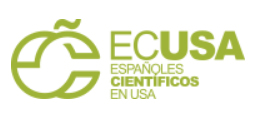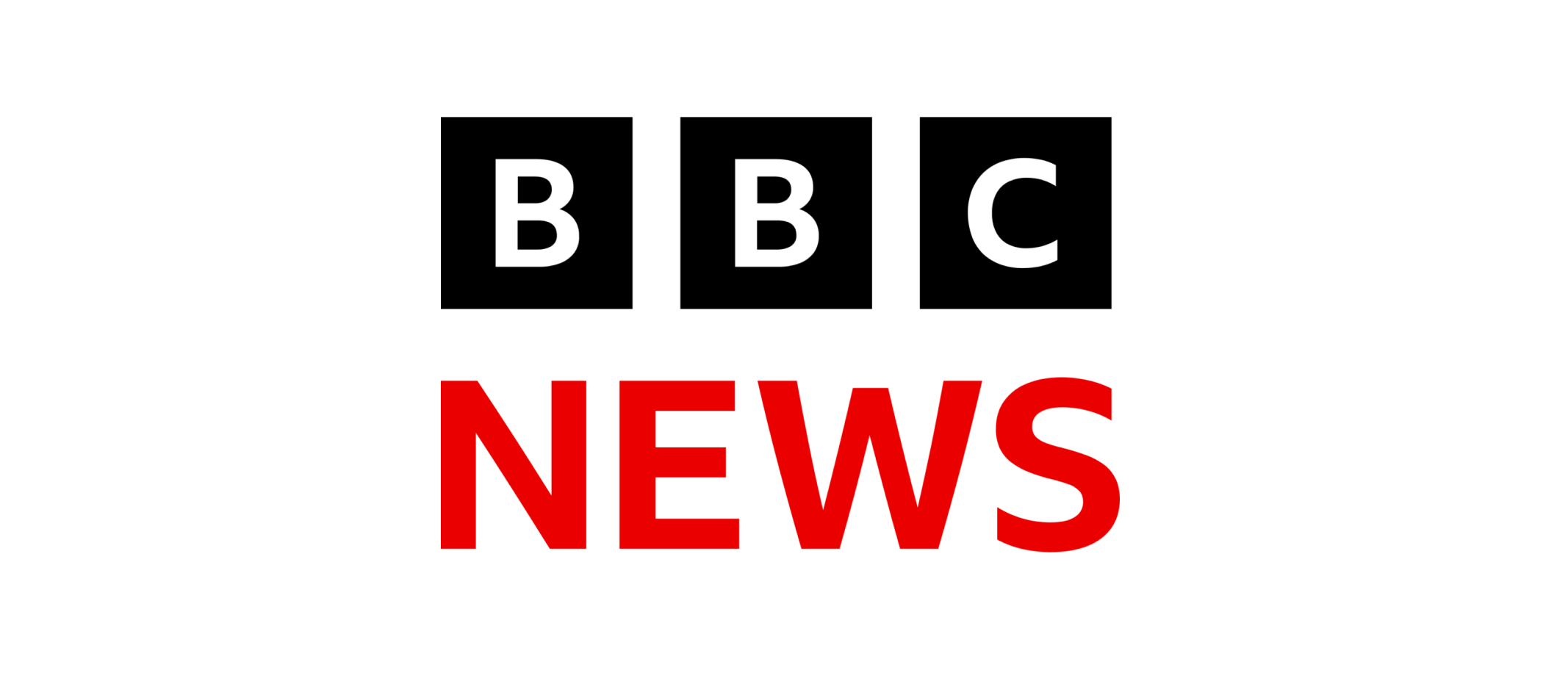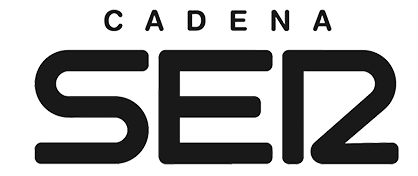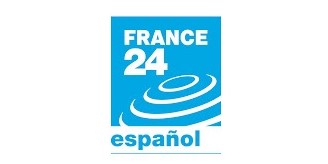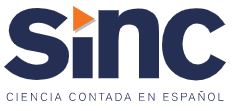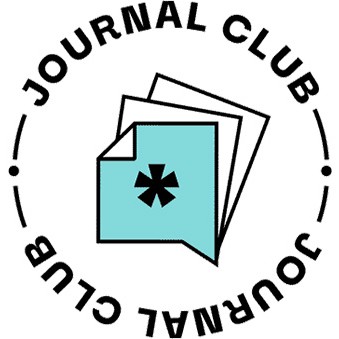All researchers who contribute to the Science Media Centre Spain as expert sources are listed here.
You can participate as an expert source on the topics we cover.

Find reactions, analysis or resources including keywords.
We offer you different formats with more or less depth and immediacy depending on current events. They have a Creative Commons licence and you can use them quoting SMC Spain as the source.
Useful guides on science communication and key aspects of different branches of science.
Want to know if your research centre is part of SMC Spain? Check below and, if it does not appear, contact the press office of your centre for it to be included.
Science, environment and health journalists and communicators can join professional associations with shared interests. We highlight some of them, both national and international.
Here you can consult the lists of expert sources published by different research centres in recent years.
You will contribute to making science headlines with rigour, contributing your expert knowledge and contextualising the information with the available evidence. As opposed to purely opinionated statements or equidistant positions, we are looking for reliable voices that expose the existing consensus and debates in the scientific community.
We will ask you for feedback on current events in your field and you will be able to participate, together with other members of the international research community, in the briefings we will organise. If you need to prepare for an interview or learn more about how the media works, you can check out our resources on science communication.
Yes, in our resource library we publish guides aimed at different profiles, including research staff who want to improve their skills in communicating with the media. There are guides on how to do a good interview, what the differences are between science communication and journalism, how to determine if a research work is newsworthy and tips for crisis communications, among others. If you think any guides are missing, don't hesitate to write to us.
No. SMC Spain’s task is not to act as the press office of a research centre. If a journalist asks for your contact details, we will direct them to your press office, which will always be informed about our communication with you. That is why there is a directory on the website with the press contacts of the research centres. The database we work with is for internal use only. What we can include is your website in the articles in which you participate.
It depends on the type of content. If it’s about reactions or ‘what we know’ on subjects that have become topical, we will need your response as soon as possible. Bear in mind that a quick reaction doesn’t have to be long, just be written in plain language and be enough to help journalists assess the importance of the research and put it in context in the real world. If we are contacting you about an embargoed investigation, there is more leeway. And if what we are asking for is an analysis (which we call an ‘expert voice’), you will have days to prepare it.
We will get back to you. In fact, you don’t have to respond to every request we make. For each content we contact several sources, in parallel, understanding that not all of them will be able to respond. And if one of them can’t, we will try again another time, unless you tell us otherwise.
By collaborating with SMC Spain you are already part of the international network. All our contents have a Creative Commons licence, which means that they can be published by any means, citing SMC Spain. In the case of the network, all SMCs are aware of what each one publishes and if something is of interest to us, we translate it into our language, citing the authorship. In addition, international briefings are organised with the participation of experts who collaborate with the different SMCs.
Registered journalists are part of a database for internal use only. What we make available to the public is a space where we have brought together associations of science, environment and health journalists, both within and outside our borders, who can help you with whatever you need.
That is the job of the press offices of the research centres, not SMC Spain. However, if you are going to publish research that you think might generate controversy and would like to let us know, you can do so by emailing us.
We have a database for internal use only, to which we are constantly adding sources. If you would like to be part of it, you can write to us in the same email, telling us briefly about your area of specialisation and how you would like us to contact you.
